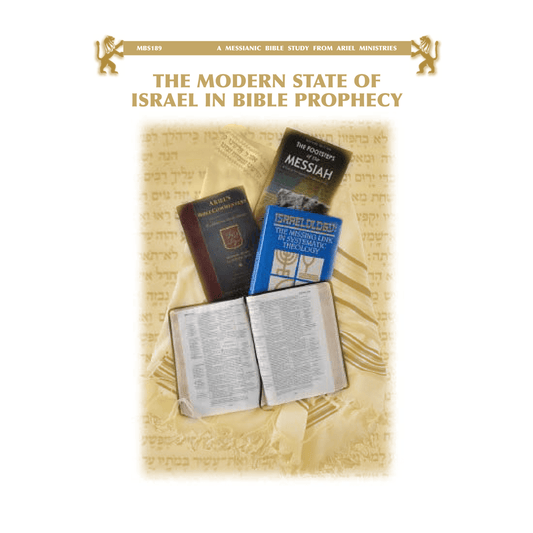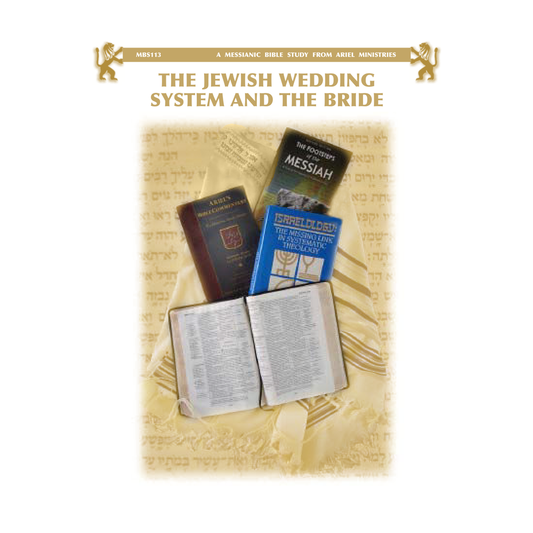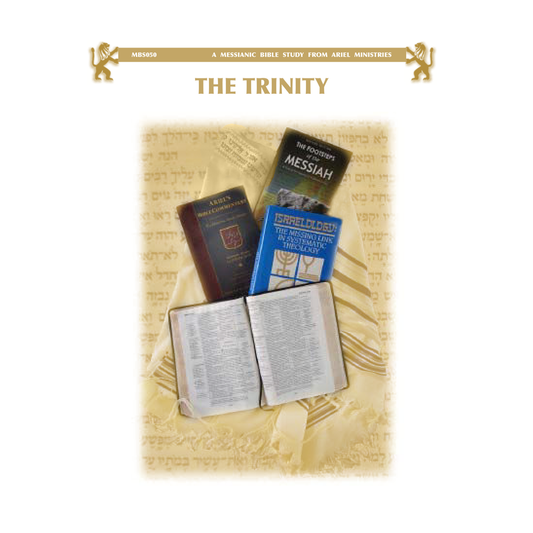Four Legitimate Grounds for Remarriage
In the context of the New Testament, Scripture provides four legitimate grounds for remarriage:
1. The Death of a Spouse: The surviving spouse is free to remarry (Rom. 7:1-3; I Cor. 7:39).
2. Divorce Due to Adultery: If a divorce occurs because of adultery, remarriage is permissible (Mt. 19:9).
3. Divorce Initiated by an Unbelieving Spouse: If an unbelieving spouse chooses to leave the marriage, the believing spouse is no longer bound and is free to remarry (I Cor. 7:15).
4. Salvation Wipes the Slate Clean: If a person comes to faith in Messiah while single, they are free to remarry, regardless of how many times they were previously married and divorced (II Cor. 5:17). At salvation, all past sins—including unbiblical divorces—are forgiven, and the believer is considered a new creation in Messiah.
Key Principles and Conclusion
From these teachings, several key principles emerge regarding divorce and remarriage. First, the liberal allowance for divorce under the Mosaic Law has been restricted under grace. We cannot use Deuteronomy’s provisions as justification for seeking divorce in the Church Age.
Second, legitimate divorce allows for legitimate remarriage. In both the Old and New Testaments, when divorce occurred on biblical grounds, remarriage was permitted (Mt. 19:9; I Cor. 7:15).
Third, divorce is never mandatory. In both testaments, divorce is presented as an option, not a requirement. The ideal is always reconciliation, to forgive and restore the marriage whenever possible (Hos. 3:1-3; I Cor. 7:10-11).
Fourth, God’s original design for marriage was permanence. Believers should strive to make their marriages lifelong and honor the covenant they have entered (Gen. 2:24; Mal. 2:16).
Fifth, under grace, only two grounds for divorce exist: adultery and the departure of an unbelieving spouse. Any divorce outside of these two grounds is unbiblical.
Sixth, a civil divorce does not always constitute a valid divorce in God’s sight. If a couple divorces for reasons other than those permitted in Scripture, they remain married before God. In such cases, remarriage is not an option; they must either seek reconciliation or remain unmarried (Mt. 19:9; I Cor. 7:10-11). If remarriage occurs after an unbiblical divorce, it constitutes continuous adultery (Mt. 5:32). The proper course of action in such cases may be an annulment of that marriage and not merely confession.
Seventh, salvation provides a fresh start. If a person comes to faith after a history of multiple marriages and divorces, all past sins are completely forgiven (II Cor. 5:17). If they are single at the moment of salvation, they may remarry. However, if they are already married—regardless of how many previous marriages they have had—they must remain with their current spouse and strive to honor the sanctity of that marriage.
In conclusion, the biblical teaching on divorce and remarriage is not ambiguous. It only becomes unclear when people attempt to justify their actions outside of God’s revealed Word. The safest approach is to remain faithful to the plain statements of Scripture rather than allowing cultural or societal norms to dictate a believer’s decisions.
If we truly hold to the verbal inspiration of Scripture and believe that the Bible is the sole authority for faith and practice, then we must submit to its teachings. The issue of divorce and remarriage is not a matter of subjective interpretation—it is a matter of obedience or disobedience.
Let us strive to obey the Lord, uphold the sanctity of marriage, and remain faithful to the commands of Scripture.
Extract from Ariel’s Summer 2025 Magazine ‘The Jews of Greece,’ Divorce and Remarriage pg 22 by Dr. Arnold G. Fruchtenbaum Founding Director of Ariel Ministries






